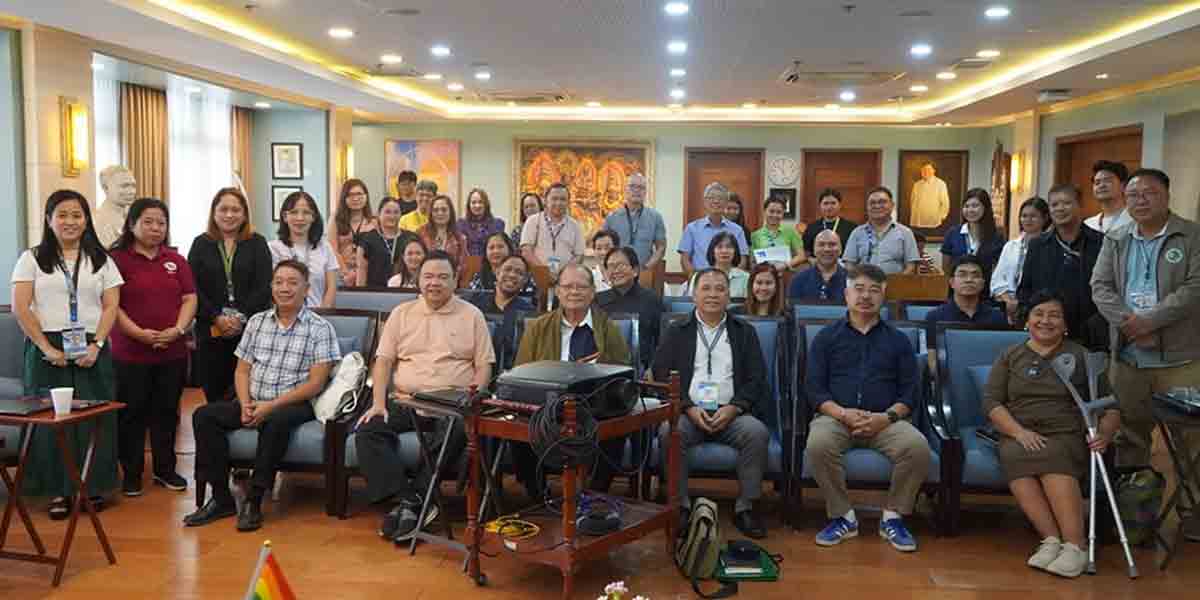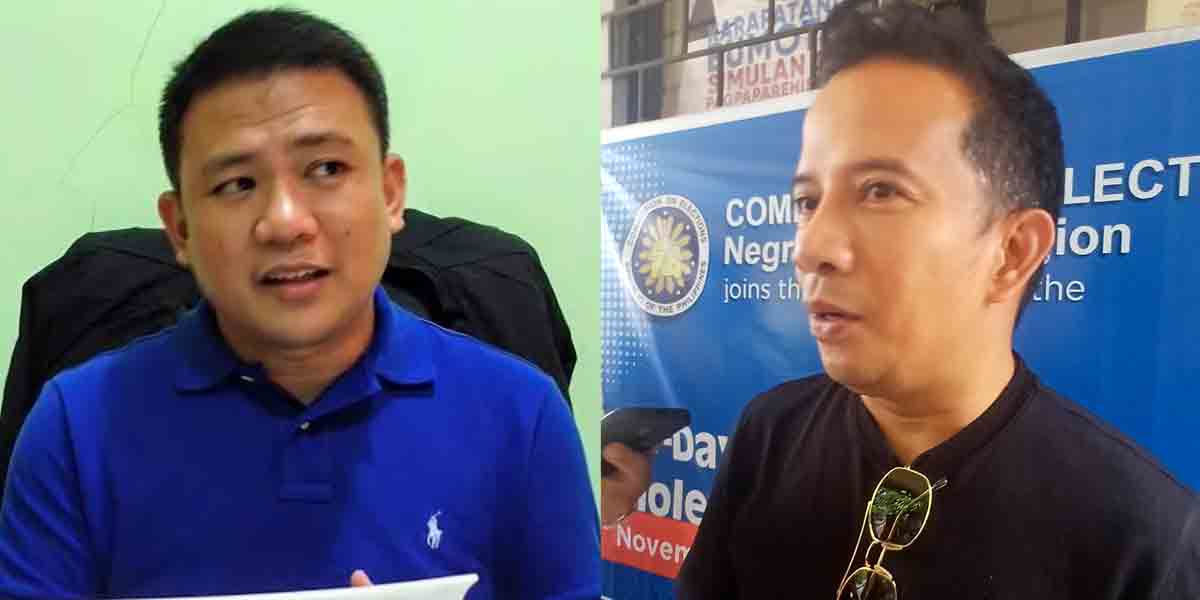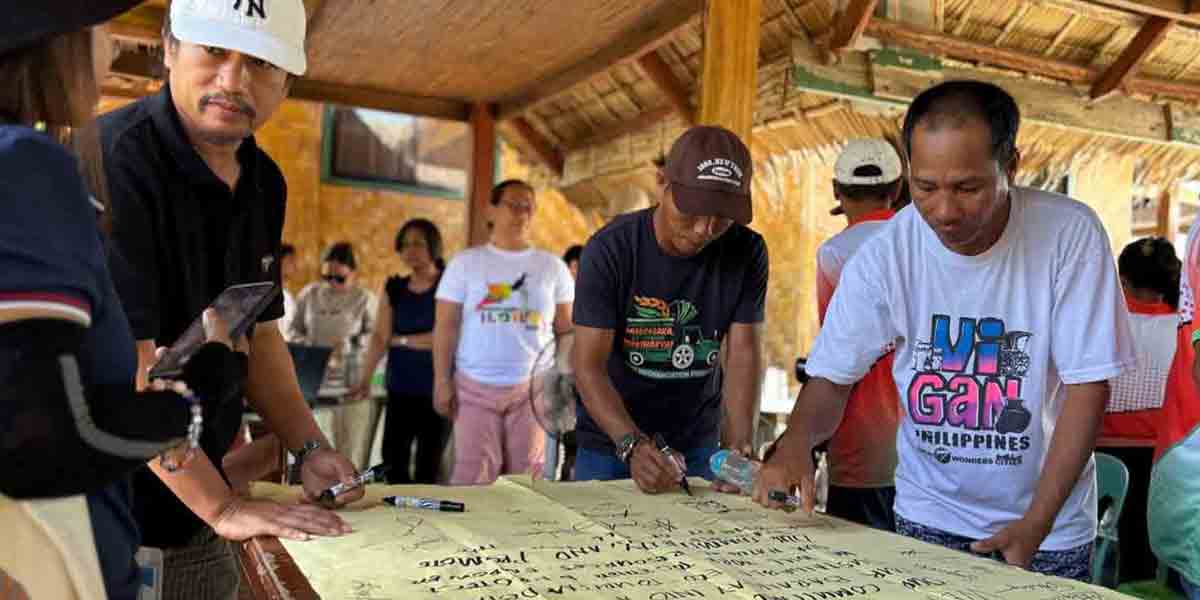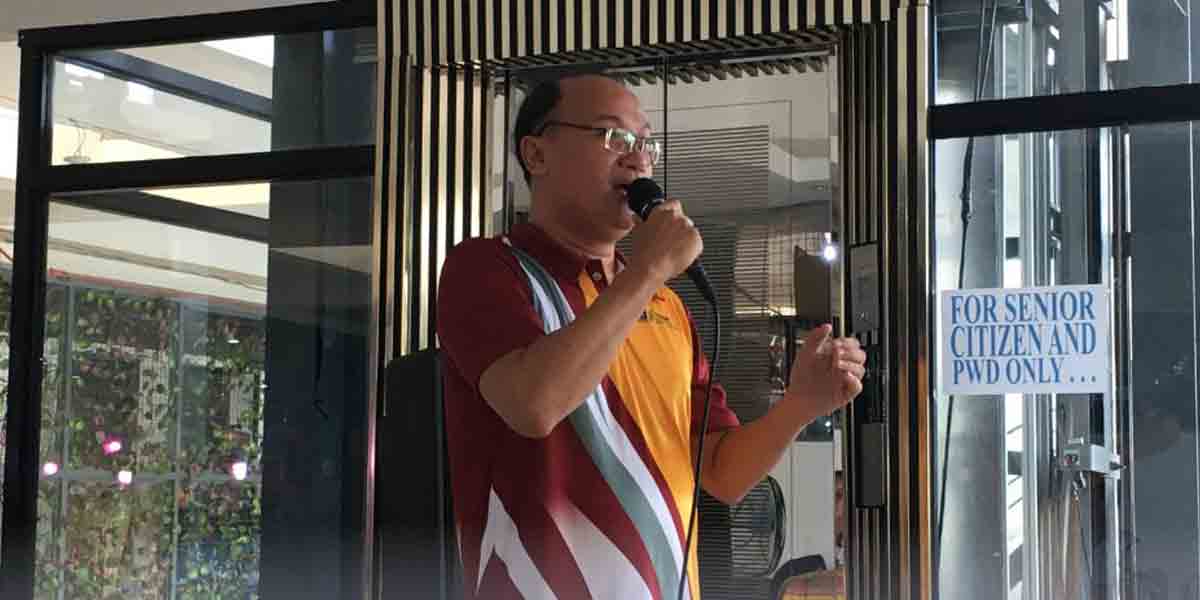By Alex P. Vidal
“Giving your children a skill is more valuable than giving them your savings.”— Amit Kalantri, Wealth of Words
LEADERS who recruit their wives, children, queridas and queridos into politics with full knowledge that they are incompetent, or good-for-nothing instantly gives the words “political dynasty” a bad reputation and leaves a bad taste in the mouth.
Like the Revillas in Cavite (“porke artista ipipilit nalang?” protested some voters); the Pacquiaos in Saranggani (“Porke sikat na boksingero kuya nila e tolerate na lang?” bemoaned some taxpayers); and the Parojinogs and Ampatuans in Ozamis and Maguindanao (“Porke ‘terror’ groups takot na tayo?) respectively, to mention a few.
The impression is they need to stay in power or altogether starve—or their wealth will decline rapidly. Taxpayers’ money is their main livelihood—and means of survival.
“Matindi ang pangangailangan (they badly need a desperate measure to get out of dire straits),” as the popular Tagalog saying goes.
Incompetent politicians become competently corrupt, and they end up as liabilities of the taxpayers if not shame and scandal in public service.
-o0o-
Political power has been known to be self-perpetuating. Legislators who hold power for longer become more likely to have relatives entering Congress in the future. Thus, in politics, power begets power.
The literature on political dynasties in democracies usually considers them as a homogenous group and points out their negative effects.
This has raised concerns that inequality in the distribution of political power may reflect imperfections in democratic representation.
To compound the matter, the Catholic Bishops’ Conference of the Philippines (CBCP) has chipped in a more horrifying description of the political dynasty: “Political dynasties breed corruption and ineptitude.”
The CBCP believes that “because political power is monopolized by political dynasties. The dominance of powerful families have also allowed politicians facing corruption charges to get elected into public office.”
-o0o-
But in every rule, they say, there is an exception.
If the clan patriarch or matriarch is very much qualified and competent and recruits or convinces very qualified and competent dynastic family members, as well, to join them or tap the offsprings as their possible successors, there may be some positive impact as the working relationship may be driven by internalized democratic norms and beliefs.
Political dynasties are a prevalent form of transmission of political power in many democratic political systems not only in Iloilo and Guimaras, but also in other parts of the Philippines.
Some positive effects, such as inducing higher levels of congressional earmarks, are expected when there is symbiotic working relationship between, let’s say, father and daughter e.g. the case of Iloilo City mayor Geronimo “Jerry” Treñas and “future” Iloilo City lone district Rep. Raisa (granting incumbent Rep. Julienne “Jamjam” Baronda will not run anymore—and win).
However, there’s a caveat in the higher levels of congressional earmarks. The implications of the empirical analyses made by many political science experts convey that political dynasties have deleterious effects in terms of the allocation of public goods.
-o0o-
Politicians who are part of a dynasty like the Garins of the first district of Iloilo; the Defensors of the third district of Iloilo; the Birons of the fourth district of Iloilo; the Tupases of the fifth district of Iloilo, the Palmareses of Passi, to name only a few, strategize for the long term because they’re mindful of the family name and the clan’s political future.
Even if they enrich their families in the process, as they often do, they may take better care of their constituents as well.
There’s no doubt that a constant stream of Garins, Defensors, Birons, Tupases, Navas in Guimaras, Palmareses in Passi suck up bandwidth that otherwise might have carried the messages and perspectives of new and different political hopefuls.
The same idea of the right to run for office is probably the very reason that Ilonggos, or the Filipinos for that matter, don’t object more vigorously to politics as a family business.
In a country based firmly on political patronage, we can’t stop Mrs. Sara Duterte-Carpio from running for President in 2028 just because her father once held the job.
“Political dynasty” may be unpopular, but it’s up to voters to decide if they want to elect her as well.
Treñas, who swore Raisa is “very competent to become a legislator”, categorically offered the same explanation when he and Raisa, along with USWAG partylist Rep. James “Jojo” Ang Jr. faced the Iloilo press March 16.
The darker side of dynastic politics probably outweighs the positives, though, warned political analyst Leonid Bershidsky. “Wherever there are dynasties, there’s less competition for votes. There’s nothing wrong with members of prominent political families wanting to serve the country. But there’s nothing wrong, either, with voters rejecting a self-perpetuating government,” Bershidsky concluded.
(The author, who is now based in New York City, used to be the editor of two daily newspapers in Iloilo.—Ed)




















